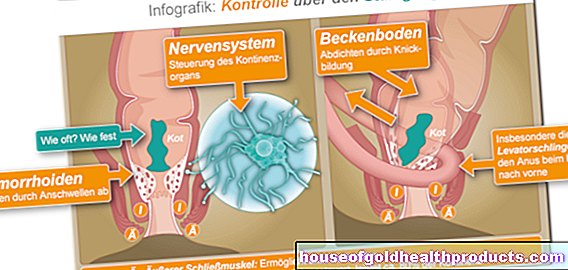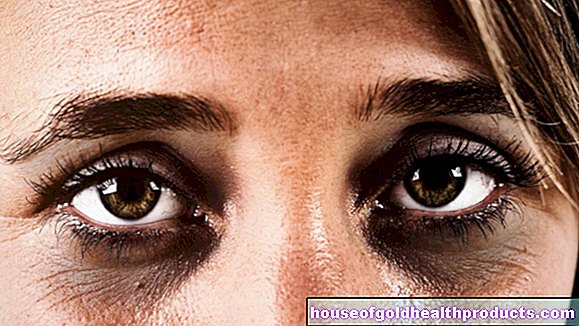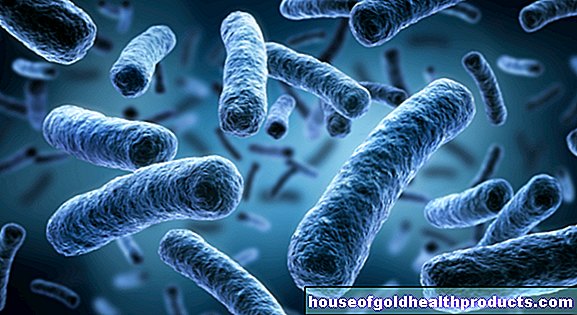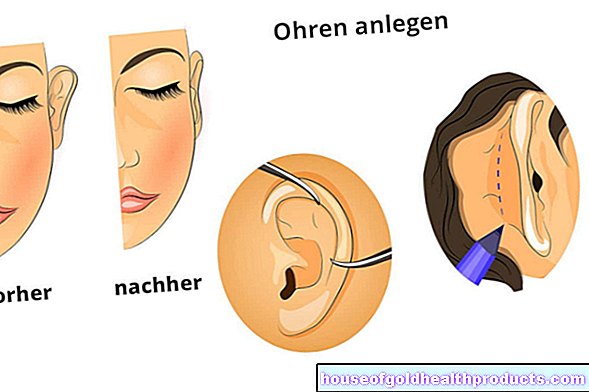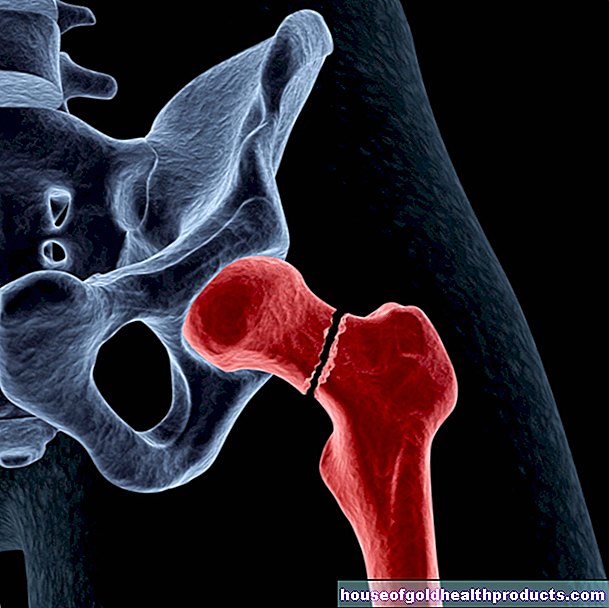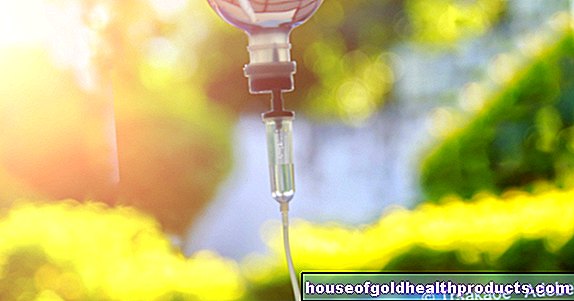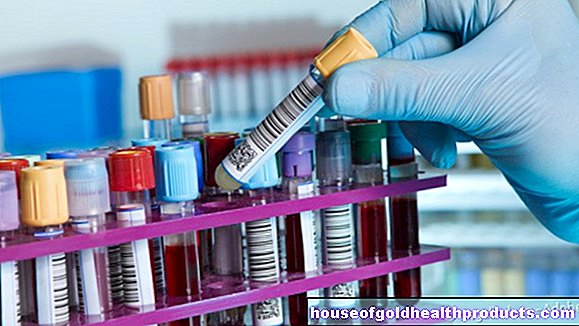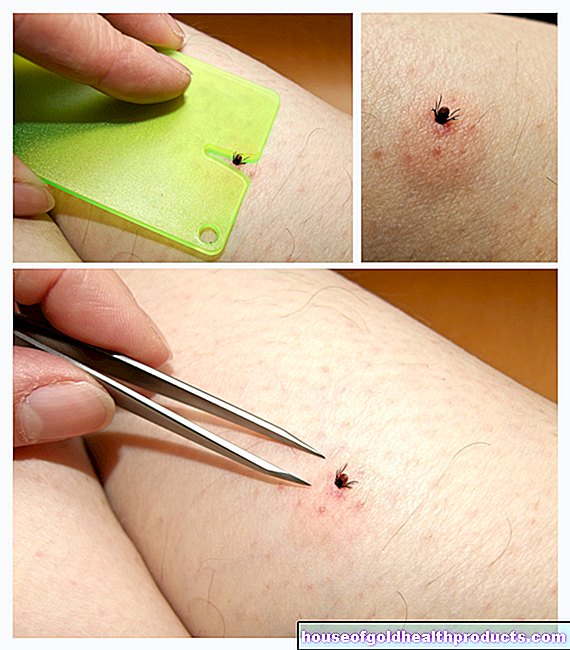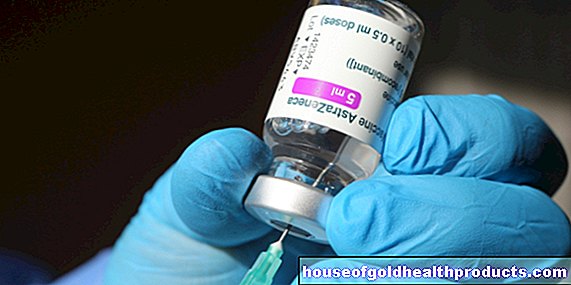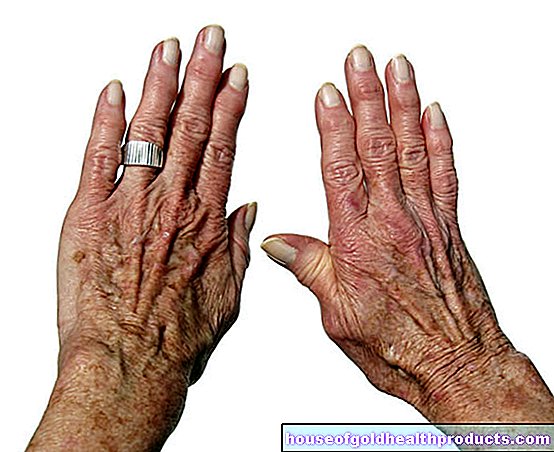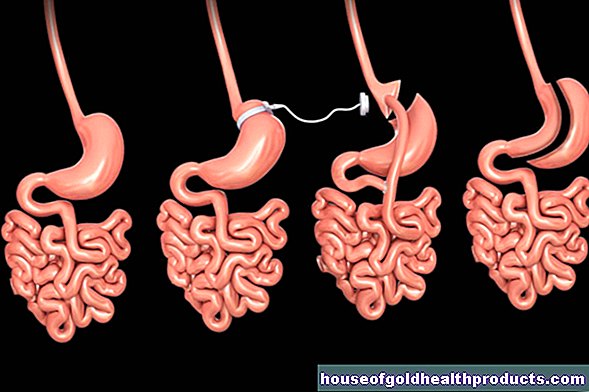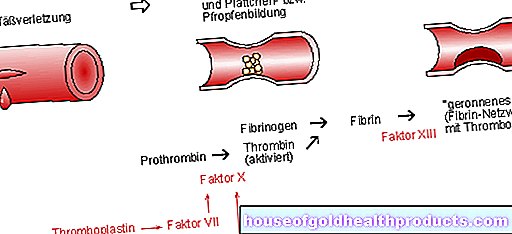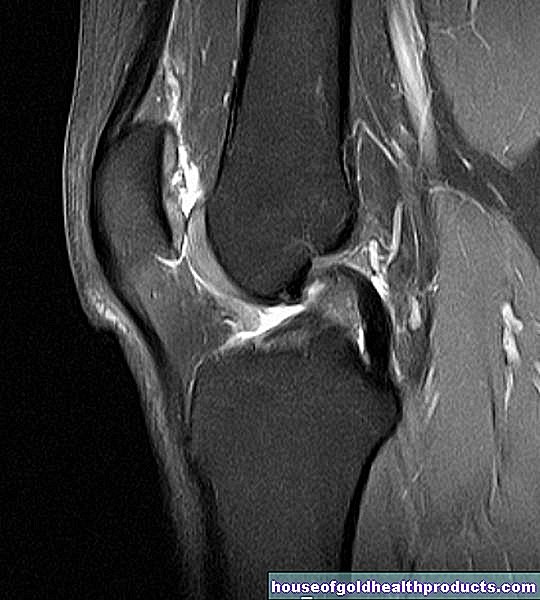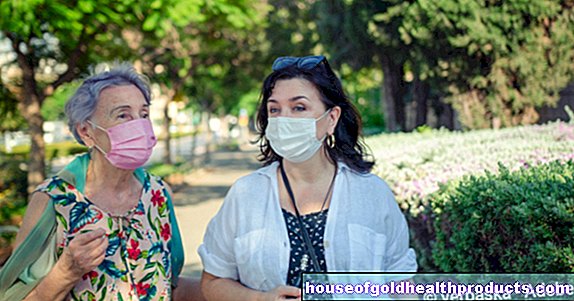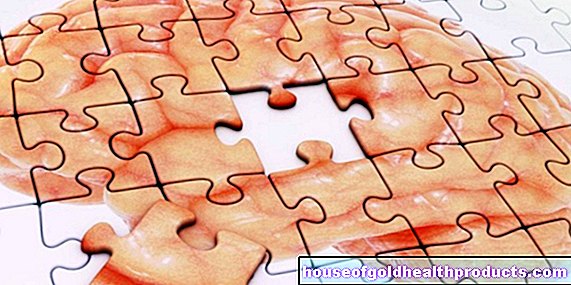Chemotherapy side effects
All content is checked by medical journalists.Chemotherapy side effects encompass many of the symptoms that can arise from treatment with chemotherapy drugs. Most chemotherapeutic agents do not specifically target tumor cells, but are generally directed against rapidly multiplying cells - regardless of whether they are sick or healthy. However, since there is also healthy tissue that has a high rate of division (such as the intestinal mucosa), the drugs lead to damage here and thus to chemotherapy side effects. Read all about the possible side effects of chemotherapy and how to treat them here.

Chemotherapy: side effects of the bone marrow
Damage to the bone marrow is considered particularly serious and sometimes life-threatening: it produces fewer white and red blood cells. The result: increased susceptibility to infection, anemia and coagulation disorders. Therefore, patients must be protected from infections through careful hygiene and avoidance of contact with germs (for example in large crowds). Because people have fewer red blood cells, they feel tired and exhausted. The doctor then tries to stimulate blood formation by giving them growth factors.
After the chemotherapy is over, the blood-forming bone marrow recovers, although this can take several months depending on the duration of the chemotherapy.
Chemotherapy: hair loss
Hair loss is a typical side effect for many. Chemotherapy drugs attack the roots of the hair. The hair root cells of the scalp hair are particularly affected, as they multiply very quickly. Eyelashes and eyebrows are mostly retained. There is little that can be done about hair loss. However, the hair grows back after the end of chemotherapy. During chemotherapy, a synthetic hair wig is partially subsidized by the statutory health insurance.
Chemotherapy: side effects nausea and vomiting
Nausea is one of the most common side effects for many patients. Chemotherapy drugs irritate the vomiting center in the brain. As a countermeasure, the doctor prescribes cancer patients if necessary so-called antiemetics, which inhibit nausea. However, these do not work in every patient. It is best to eat only very light foods before chemotherapy and see whether you can cope with the nausea with certain fragrances or relaxation exercises, for example.
Chemotherapy: side effects on mucous membranes
Mucous membranes in the digestive tract are rapidly growing cell aggregates and are also attacked by chemotherapeutic agents. Painful inflammations of the mouth and throat are particularly stressful for the patient, although severe forms of this can be avoided with careful oral care, such as daily mouthwashes. Diarrhea is also very uncomfortable for cancer patients. Patients should therefore drink a lot to bring their fluid balance back into balance. In consultation with the doctor, the intake of electrolytes and trace elements can also be useful.
Chemotherapy: side effects on germ cells
Some cytostatics (especially alkylating agents, procarbazine) lead to malfunction of the ovaries in women and impaired sperm production in men (azoospermia). Infertility is usually permanent. Therefore, it makes sense for young patients who want to have children to talk to their doctor about the possibility of freezing sperm or egg cells before chemotherapy.
Chemotherapy: side effects on certain organs
Depending on which chemotherapeutic agent a patient receives, there are other specific side effects on individual organs:
- Liver damage (cytarabine, 5-fluorouracil)
- Kidney damage (cisplatin, methotrexate, mithramycin)
- Heart damage (doxorubicin, daunorubicin)
- Bladder damage (cyclophosphamide)
- Nerve damage (vinca alkaloids, oxaliplatin)
Of course, there are many more possible chemotherapy side effects that cancer patients can experience. Which these are and how strongly they are noticeable depends primarily on the duration of the chemotherapy and the patient's state of health.

